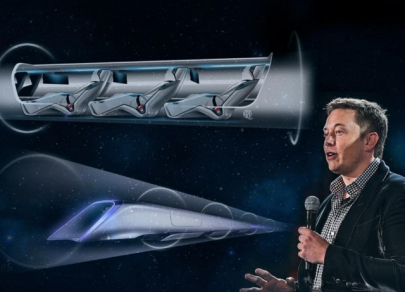FX.co ★ Seven failed inventions
Seven failed inventions
Apple Lisa by Steve Jobs
The Apple Lisa is a desktop computer, designed by Steve Jobs. It is the ill-fated prototype of the now-popular IT product. Named after Steve Jobs’ daughter, the Lisa is considered one of the biggest failures in Apple’s history. The loser computer came along in 1983, but its production was soon halted. The device was unreliable and less powerful than the company’s other products. Notably, the Lisa is the immediate predecessor of the cheaper and faster Macintosh. The new project brought Steve Jobs worldwide fame and an enormous fortune.
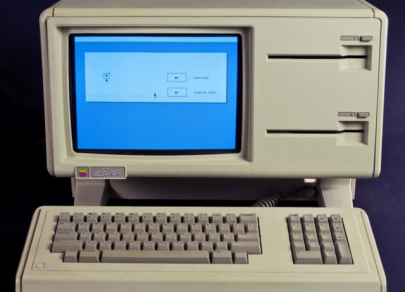
Diving Suit by Leonardo da Vinci
Leonardo da Vinci is considered by many the greatest inventor of all time. However, this brilliant mind also had his ups and downs. He misstepped when designing a scuba suit for the Venetian Navy. It was a leather diving costume equipped with two tubes attached to the mask and connected to a cork floating on the surface. When the inventor tested the suit, he saw that those tubes seriously limited the mobility of a diver. Eventually, the Venetian fleet abandoned this invention. Notably, the diving suit was created only several centuries later.
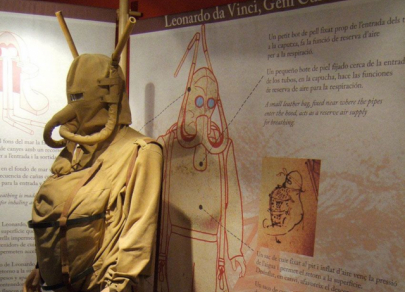
Aircraft by Alexander Bell
Scientist Alexander Bell is known as the inventor of the first working telephone. However, his other device, an aircraft, was less successful and took Bell several years to develop. The first experiments with the aircraft date back to 1899. However, Bell’s biggest attempt to conquer the sky was made in 1907. By that time, the inventor had built the "Cygnet" ("Little Swan" in French), a complex 8 meter wide plane consisting of 3,393 panels. The aircraft was able to carry only the pilot. It did manage to take off the ground to a height of 50 meters but ended up crashing because of a strong wind that made it impossible to maneuver. Later, the scientist discontinued work in this field.
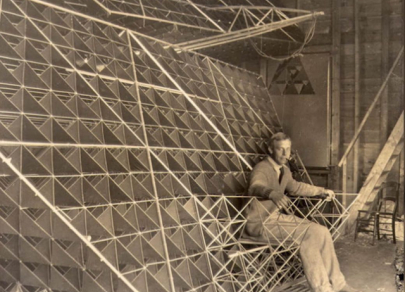
Quadricycle by Henry Ford
Entrepreneur Henry Ford revolutionized the automotive industry by creating the world's first assembly line. His company produced cars to every taste and budget. The most popular was the Ford Model T, with about 16.5 million vehicles sold. It is the eighth best-selling car in history. However, Henry Ford’s first vehicle, a quadricycle, was unsuccessful. He built it in 1893. The vehicle had a seat, a gas engine, and four bicycle wheels. However, the inventor believed that it was a rather complicated design for mass production. Nevertheless, Ford’s efforts did not go in vain. The invention came to symbolize all his later success. He used all the skills he developed while working on the quadricycle for producing cars later.
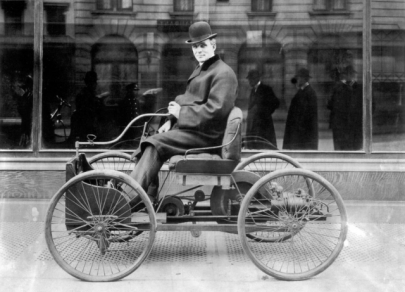
Flying tank by Walter Christie
Walter Christie was an American mechanical engineer who displayed a remarkable talent for designing armored fighting vehicles during World War II. The engineer tried to build a tank that could compete with German vehicles. At some point, Christie even attempted to create the so-called "flying tanks". The idea was to allow a tank to glide onto the enemy's rear after being towed aloft by an airplane. However, the US military decided not to produce these hybrids. Later, Soviet engineers attempted to do the same. They attached wings to the 32-tonne T-60 tank. However, the prototype was found to be unworkable. Eventually, the production of this tank was discontinued.
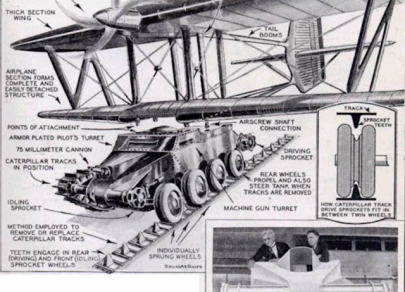
Pocket TV by Clive Sinclair
In 1972, scientist Clive Sinclair designed the first pocket calculator, which paved the way for the development of consumer electronics. At the peak of his career, the inventor attempted to create a miniature TV set that could fit in a pocket. It was a 20 centimeter long device with quite a small screen. Its main flaw was that it was unable to catch a TV signal. In addition, the device did not fit even in the largest pockets. The project was a commercial failure and did not recoup the $5.6 million it cost to develop. Only 15,000 units were sold at a price of $1,250.
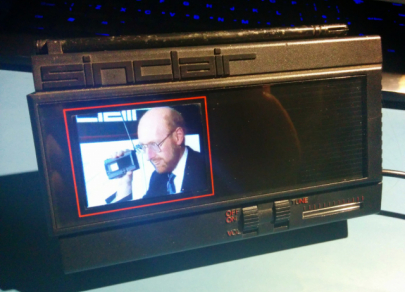
Hyperloop by Elon Musk
In 2013, inventor and entrepreneur Elon Musk launched the ambitious Hyperloop project, a super-high-speed transportation system consisting of magnetically powered floating pods. Owing to a special connection, the pods were expected to move in a vacuum tube at great speed. According to Musk, that would allow a vactrain to overcome the distance of 1,200 km in just an hour. However, the revolutionary plans were not meant to come alive. It turned out that in order to achieve a speed of 1,200 km per hour, there must be a pure vacuum in a 600 km long pipe. Any damage would let the air in and harm the system. In addition, the structure must withstand a pressure of 10 tonnes per square meter. Experts doubt the system would be accident-free.
